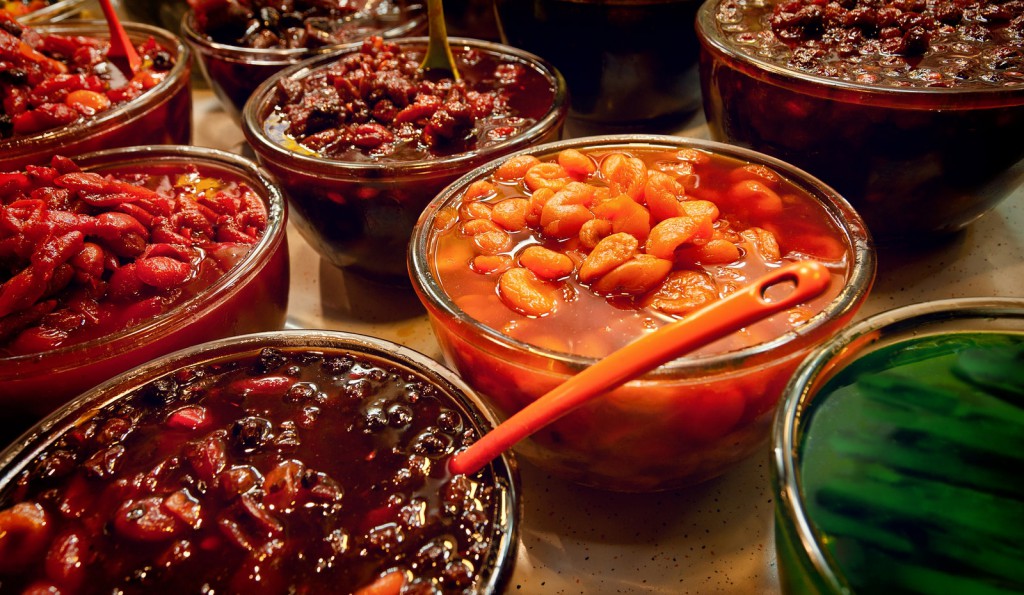While Saudi Arabia and Iran are at increasingly odds as battles for regional supremacy rage in the Middle East, the countries always have their historical and cultural connections along with their belief in the same god, prophet and holy book.
And then there’s their shared appreciation of the Persian dishes that Iranian chefs helped to popularize in the 1990s and early 2000s while living in Saudi Arabia. That culinary movement helped spawn a booming, Saudi-owned, Iranian restaurant chain named Shayah, “House of Iranian Cuisine.” Its popularity throughout Saudi Arabia has enabled it to withstand zealots’ calls to dump the name (but keep the food).
Hostilities between Saudi Arabia and Iran have been long-standing, the decade or so of comparative cordiality notwithstanding as they found common ground in their opposition to Saddam Hussein’s 1990 invasion of Kuwait.
More recently, however, they’ve been on different sides of the wars in Syria and Yemen. They’ve supported opposing political factions in Lebanon, Bahrain and Iraq. Through this, tensions between Sunni and Shiite hardliners on both sides have intensified. When a prominent Saudi Shiite cleric was executed by the Saudis in January, Iranians retaliated by attacking the Saudi embassy in Iran and its consulate in another city. Diplomatic and trade ties were severed.
You Might Also Enjoy: Change to Starbucks Rewards Program Sparks Customer Outrage
Even before it came to a head this year, however, more strident Saudi factions were calling (using Twitter as a megaphone) for boycotts of Iranian goods as a religious and national duty. Iranian products in grocery stores were called out and the Shayah chain was targeted – despite its Saudi Arabian ownership.
It’s the descriptor, House of Iranian Cuisine, that’s been the issue, given its association “with the name of the devil ‘Iran’,” as one tweet said. Another commenter conceded, “Their kebab is good, but I suggest they remove the word ‘Iranian’ and continue on.” Still another, expressing a common exasperation with the mix of politics and culture, pleaded, “Please, keep food out of this!”
The severing of trade ties between the two nations occurred as international trade sanctions against Iran have been lifted after it agreed to roll back its nuclear program. Now, Iran can export such food products like caviar, saffron and pistachios to the U.S. and other countries – food being one of the few U.S. sectors that is allowed to do business with Iran.
Still, the tensions between Iran and Saudi Arabia as well as other Arab states make the future Iran’s trading status in that region uncertain. Iran’s Ministry of Industry and Trade reported exports to Saudi Arabia totaling $132 million during last year’s first half, with Saudi imports at $40 million.






